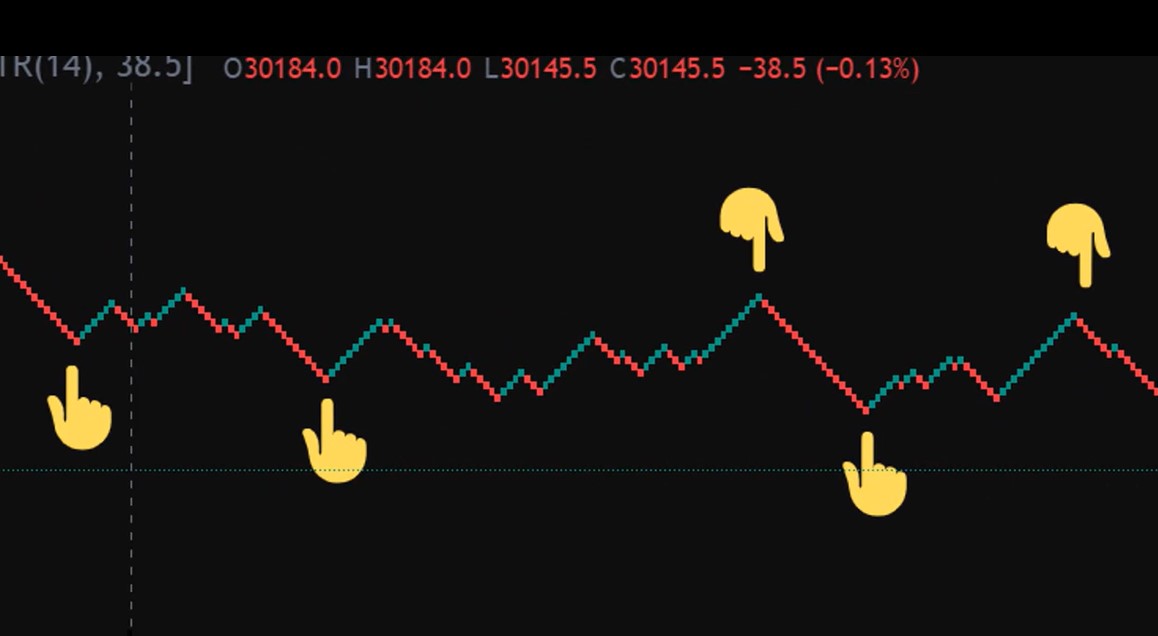Does any mother know that measuring fetal nasal bone length plays a very important role in pregnancy, no less than other indicators? Although this term sounds a bit strange, you should know about the importance and necessary information of this indicator.
Why should monitor fetal nose bone length?
Few know that measuring a baby's nasal bone length (nasal aplasia test) is one of the most important prenatal tests a pregnant woman needs to perform in addition to measuring other indicators such as head circumference. , waist diameter, femur length.

The length of the nasal bone helps doctors assess the possibility that the fetus is at risk of birth defects as well as early detection of the possibility of Down syndrome right in the early stages of pregnancy for timely intervention. The shorter the nose bone for gestational age, the higher the risk of the fetus having Down syndrome.

From what week can the length of the nasal bone be measured?
From the 4th week of pregnancy, the baby's nose has begun to form, which is an indispensable part of the respiratory system. By the 11th week of pregnancy, the basic components of the nose are complete, mothers can do an ultrasound to check the length of the nose from this week.
Usually, at 17, 18, 21, 23, 25, 27 weeks of pregnancy or the 2nd trimester of pregnancy, the mother will have an ultrasound to check this index.

The index measuring the length of the nose bone is a real index reflecting the development of the fetus. At different age, the measured nasal bone length in fetus is different. If the fetus has a short nose bone length or does not measure the length of the nose bone, the doctor may give the pregnant mother some additional tests to get the most accurate results.
Are there any factors that affect fetal nasal growth?
According to medical experts, the length of the baby's nose bone depends on many factors such as ethnicity, genetic factors and gestational age. Nasal bone length increases linearly with gestational age and progresses concurrently with buttock length.
There are many cases of fetus after ultrasound results in short nose bone length measurements, but this is not a sign of Down syndrome as the result is often seen but only due to parents' genetics.
Therefore, mothers should also note that the indexes measuring the length of the nasal bone are only for reference. Do not worry too much when the fetal nasal bone results are not at normal level. The doctor will advise the mother further and order some other tests if necessary to get the exact conclusion.
Nasal bone length according to gestational week
Mother ultrasound bone nose fetus should decide to get tested at week 11 to 14, the next time in the middle months of pregnancy & late pregnancy. Accordingly, the normal length of the child's nose bone will be:
11 weeks gestation: 1.97mm
12 weeks gestation: 2.37mm
13 weeks: 2.9mm
Week 14: 3.44mm
Week 15: 4.05mm
From week 20 onwards:> 4.5mm. If the fetal nose bone length is 23 weeks <3.5mm, the risk of a child with Down syndrome is very high
Length of fetal nose bone 25 weeks:> 7mm
32 weeks fetal nose bone length: may be> 8mm. If in the previous weeks of pregnancy, the baby's nose bones are still developing stably, then until 32 weeks pregnant, mothers do not need to worry too much.
What should mothers do to improve fetal developmental indicators?
During pregnancy, mothers need to comply with periodic antenatal check-ups and ask a doctor to explain the significance of the important indicators of the fetus. Besides, it is important to ensure your diet because this will determine the height, weight and intellectual development of your baby.
Important nutrients are needed throughout pregnancy. Mother also needs to limit exposure to environmental pollution, dust and noise; stay away from alcoholic drinks, stimulants ... to prevent the risk of adverse effects on the fetus.

Light exercise habits should be maintained during pregnancy to improve the health of pregnant mothers. Women also need to keep the spirit of comfort and optimism during this time too.
Nasal bone length is an important indicator of the baby that mothers need to pay attention to. However, this index is only for reference, so you should not worry too much if it is low or higher than normal. Consult a specialist to get the most accurate advice.
See more:
Calculate the fetal thigh bone length by week to improve the height of the baby from the womb
Does the short fetal nose bone length prove that the baby is born more susceptible to Down?
To have a baby with long legs like a supermodel, mothers need to know clearly 4 factors that affect fetal thighbone length
































